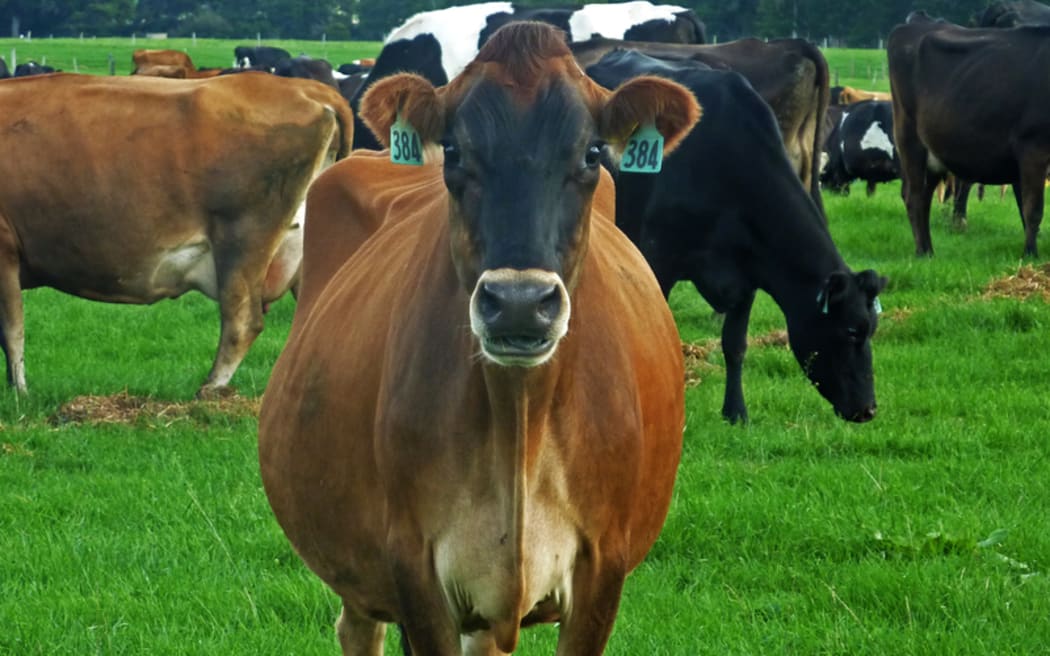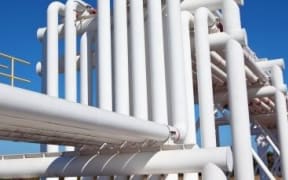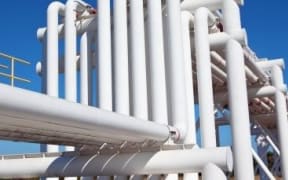The Ministry for Primary Industries (MPI) has announced guidelines for farmers and food processors who allow the disposal of oil industry waste on their farms.

Photo: RNZ / Alexander Robertson
There are about a dozen such farms - known as landfarms - in Taranaki.

Gareth Hughes Photo: RNZ / Alexander Robertson
The guidelines recommend testing to ensure petrochemicals like benzene, toluene and ethylene are at safe levels before livestock or crops are reintroduced to the farms.
They say the heavy metals and salts in the waste are no risk to animal welfare or food safety.
The Parliamentary Commissioner for the Environment urged the Government to intervene last year, saying the practice threatened New Zealand's reputation as a safe food producer.
Green Party energy spokesperson Gareth Hughes said the guidelines were hopeless because they did not address the commissioner's concerns about heavy metals.
"They're woefully inadequate because they don't contain some of the persistent pollutants the Parliamentary Commissioner for the Environment warned us about and urged that limits were set, such as barium and cadmium."
Taranaki environmental activist Sarah Roberts also said the new guidelines were a disappointment.
"They also go on to say that the hydrocarbons are the only worry. This completely contradicts what the parliamentary commissioner came out and said last year - where she acknowledged that the hydrocarbons are biodegradable but the heavy metals don't go away and they have the potential to bio-accumulate. This report doesn't even address that."
MPI director of resource policy David Wansbrough said the risks associated with oil industry waste on farms were low and the Environment Commissioner's concerns had been addressed.
"So what we've done is we've issued these guidelines and we've said look, it's practical and sensible to meet the environmental standard, that way you know the animal welfare and food safety risks are being met.
"After that you can crop the land, graze the land and use it as you would any other land and it's a sensible way of doing it."
The oil industry waste deposited on land farms was mostly rocks and mud left over from drilling, and the petrol chemical concentrations in the material were much the same as you would find anywhere else in the world, he said.
'If we were worried about low levels of hydrocarbons, we would be banning barbecues and we aren't going to do that. You can probably find all of those ingredients in your barbecued sausage.
"I wouldn't drink a cup of it but low levels of those things are not a food safety risk. We're very clear. We've looked at the science of these things."



